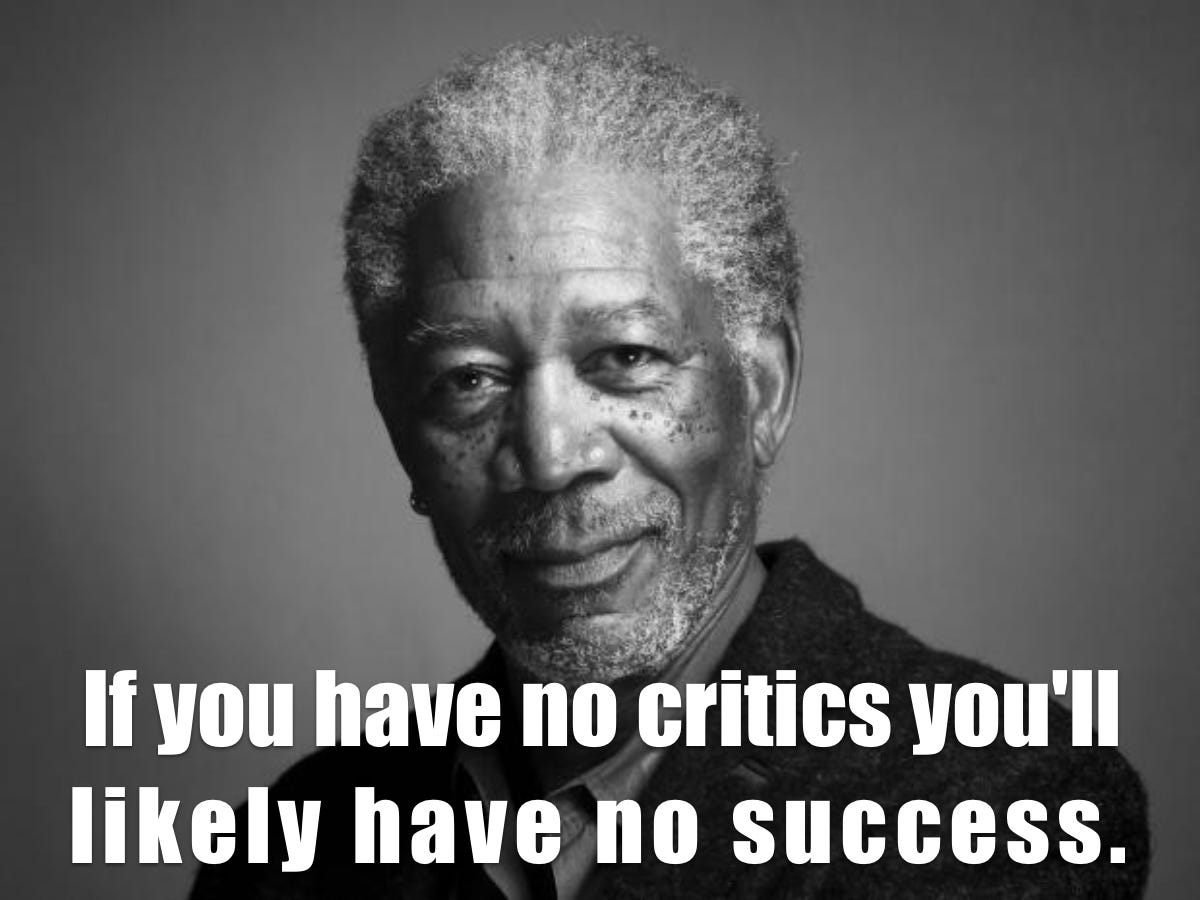Let’s try an experiment. Read the following quote by Morgan Freeman.
When you read it, did you hear Morgan Freeman’s distinctive baritone? Likely. There are memes all over the internet that ask you that very same question. It’s the natural outcome of having such a well-known voice and style.
But, as you may have guessed, that’s not actually a Morgan Freeman quote. It’s from Malcolm X. (And if you try to say it now in Malcolm X’s voice, you may find yourself actually borrowing Denzel Washington's voice in playing Malcolm X. “We didn’t land on Plymouth Rock: Plymouth Rock landed on us.”
So we could say I borrowed Morgan Freeman’s voice for this little thought experiment. Or nearer the mark would be to say I appropriated it. But to be truthful, I stole it. I stole Freeman’s likability, his air of authority, professionalism, and integrity. With Morgan Freeman, such antics are usually in the name of fun, but reassigning attribution of quotes to someone with more authority or a wider audience is endemic on the internet. Figures from Thomas Jefferson to Kurt Vonnegut have been misappropriated in this fashion. There have been a rash of pronouncements supposedly by the new pope that never passed his lips. I’m probably not telling you anything new here.
But now here’s an honest-god-quote from The Coming Wave: Technology, Power, and the Twenty-first Century's Greatest Dilemma, a recent book by AI pioneer Mustafa Suleyman:




